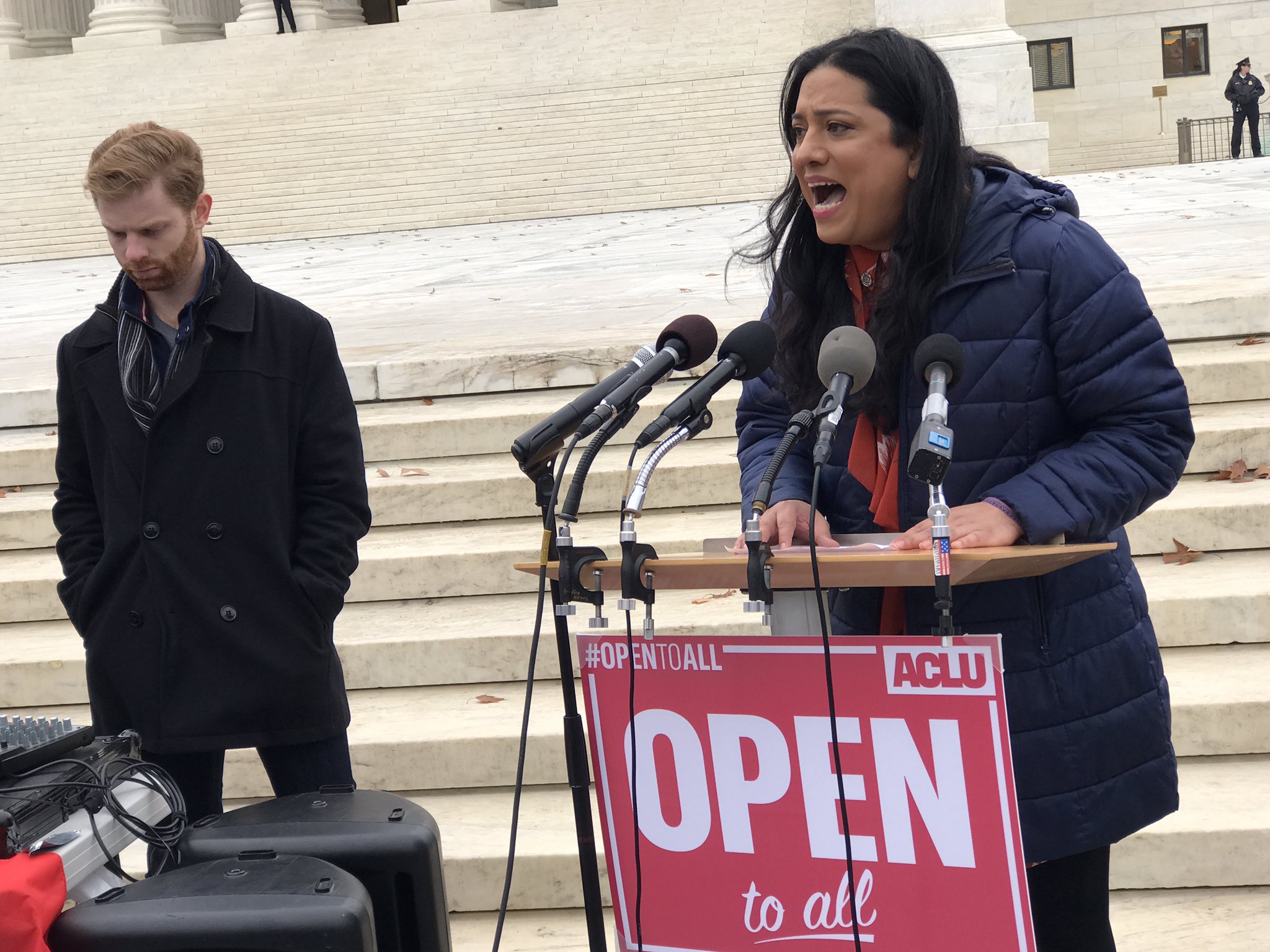What You Need to Know About the LGBTQ Discrimination Case Currently Before the Supreme Court

Today (December 5), the Supreme Court is hearing Masterpiece Cakeshop v. Colorado Civil Rights Commission, which could have an impact far beyond custom wedding cakes.
In 2012, a gay couple, Charlie Craig and David Mullins, went to Masterpiece Cakeshop in Denver to order a custom cake to celebrate their upcoming marriage. The bakery owner, Jack Phillips, denied their request on religious grounds. According to SCOTUSblog, Phillips "is a Christian who closes his business on Sundays and refuses to design custom cakes that conflict with his religious beliefs—for example, cakes that contain alcohol, have Halloween themes or celebrate a divorce. And because Phillips also believes that marriage should be limited to opposite-sex couples, he told Craig and Mullins that he would not design a custom cake for their same-sex wedding celebration."
The couple asserts that Phillips' denial of their request violated Colorado's anti-discrimination laws, which according to the ACLU, prohibit "public accommodations, including businesses open to the public such as Masterpiece Cakeshop, from refusing service based on characteristics like race, religion or sexual orientation."
The crux of the case is whether baking a cake constitutes speech. Phillips argues that it is a form of artistic expression that constitutes speech, and is therefore protected under the First Amendment. Slate reports that his bakery serves LGBT people pre-made baked goods, but he won't make them custom cakes for weddings.
Advocates fear that if the justices rule in favor of Phillips, it could open the door to discrimination by any business that offers creative services. From public education campaign Open to All regarding attacks on nondiscrimination laws:
If the Supreme Court carves out a broad exemption in nondiscrimination laws for so-called “creative” enterprises, we could see an explosion of discrimination by restaurants, hair salons, event venues, funeral parlors and more. Sanctioning discrimination by so-called “creative” enterprises will only be a start of the march by other businesses to claim a right to discriminate.
That discrimination could apply to any group protected by nondiscrimination laws, including people of color. Slate writes about a similar Supreme Court case in 1968, where a Black man was refused service at a barbecue restaurant because the owner said racial integration violated his religious beliefs. The Supreme Court ruled in the Black man's favor, in alignment with the Civil Rights Act of 1964. While this current case adds the additional layer of creative expression and speech, the 1968 case illustrates how sweeping a religious freedom argument can become.
The Supreme Court is hearing oral arguments today, and pro-LGBTQ advocates rallied on the steps of the Court this morning to express their opposition to discrimination. The Court won't issue a decision on the case until 2018.
